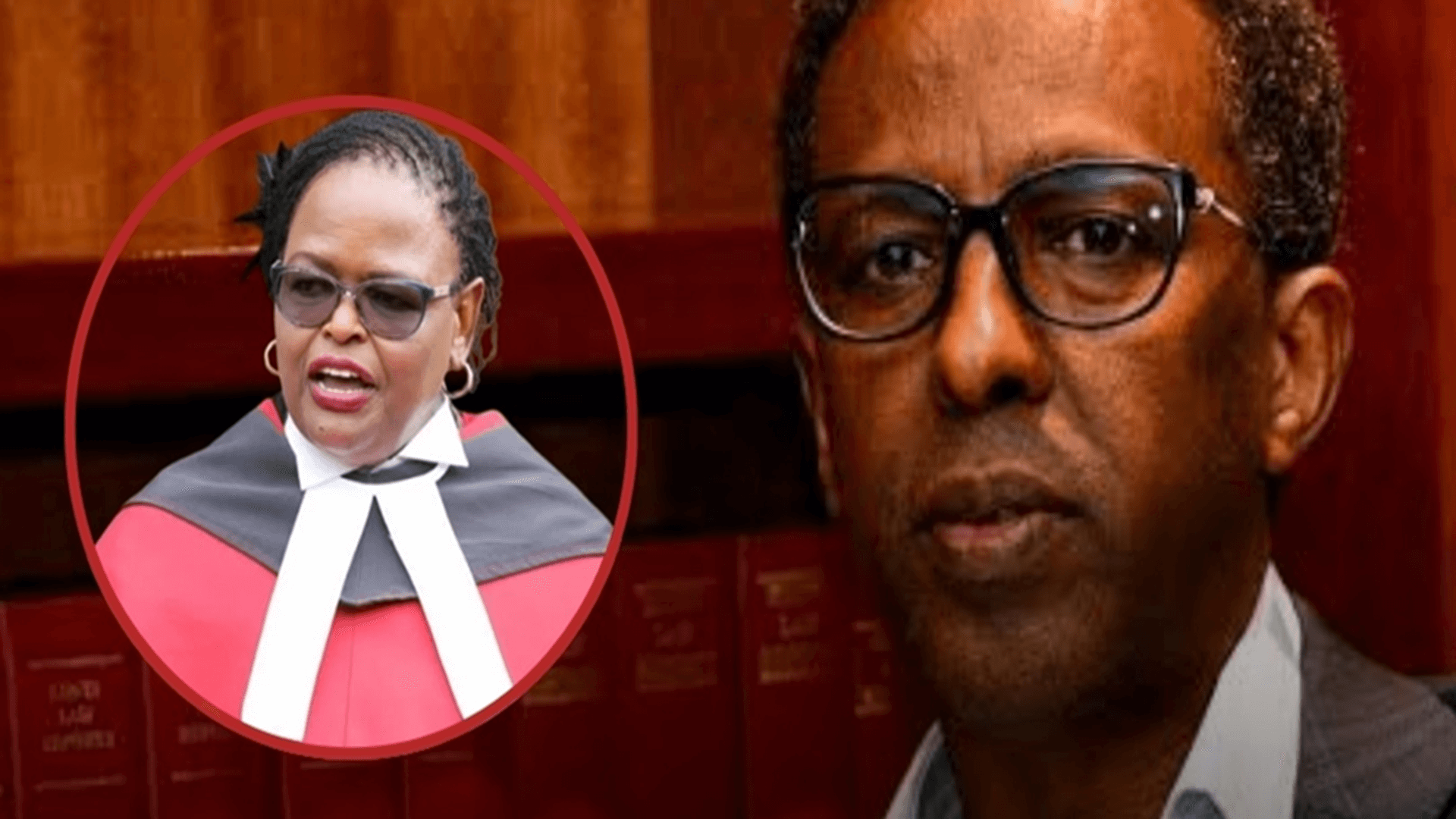Ahmednasir Abdullahi’s Unyielding Crusade Against Judicial Corruption in Kenya
Senior Counsel Ahmednasir Abdullahi has long been a thorn in the side of Kenya’s Judiciary. Known for his outspoken criticism, Abdullahi continues to demand sweeping reforms to address what he describes as entrenched corruption and incompetence within the courts. In a recent interview with Nation on May 27, 2025, at his office in Kilimani, Nairobi, he called for a "radical surgery" to overhaul the judicial system, arguing that public silence only perpetuates systemic failures.
Abdullahi’s campaign against judicial corruption is not new. As a former commissioner of the Judicial Service Commission (JSC), he has consistently used his platform to highlight what he sees as pervasive issues within the Judiciary. “It is for Kenyans to do it, and do it now. I think we need a public revolt, you know, a public revolution on how to overturn the status quo in the Judiciary,” he stated, emphasizing the urgency of reform. His outspokenness, however, has come at a significant personal cost. In January 2024, the Supreme Court of Kenya, led by Chief Justice Martha Koome, banned Abdullahi and his law firm from appearing before it, citing his “distasteful” social media posts that ridiculed the court and its judges. The ban was upheld in March 2025, when a seven-judge bench struck out an application to review the decision, deeming it procedurally flawed.
Despite this setback, Abdullahi remains undeterred. He insists that his criticism extends beyond the Judiciary to other arms of government, including the Executive and Parliament, where he has also called out corruption. “I will continue with the tweets. I think, I don’t tweet a lot, maybe two, three. I tweet more often just to help the system improve and to tell them that Kenyans are watching what they are doing,” he said. Posts on X echo this sentiment, with Abdullahi accusing judges of taking bribes and labeling the Kenyan Judiciary as deeply corrupt. In one post, he claimed, “I’m the most PERSECUTED lawyer in AFRICA...For just pleading with CJ KOOME to fight JurisPESA in her court, she banned me from the court.”
Kenya’s judicial system has faced reform efforts before. In 2002, over 20 judges and 82 magistrates were dismissed in a significant purge. A decade later, in 2012, the Judges and Magistrates Vetting Board reviewed 58 judges from the High Court and Court of Appeal, declaring at least eight unfit to serve. Yet Abdullahi argues these efforts have been insufficient, pointing to ongoing issues like “JurisPESA”—a term he uses to describe the alleged bribery culture within the courts. In a post on X, he referenced a specific case in Mombasa, alleging a judge took a Kshs 20 million bribe to manipulate a court order.
The lawyer’s defiance has sparked both support and controversy. The Law Society of Kenya, under President Faith Odhiambo, has backed his call for action against judicial corruption, with posts on X highlighting the LSK’s stance that “judges taking bribes 24/7” is untenable. However, Abdullahi’s methods—particularly his use of social media to name and shame judges—have drawn criticism. The Supreme Court’s ban on him was justified on the grounds that his remarks undermined the institution’s integrity. Some argue his approach risks escalating personal vendettas rather than fostering constructive reform.
Abdullahi’s persistence reflects a broader frustration among Kenyans with the slow pace of judicial accountability. His call for a “public revolution” underscores the belief that only collective action can dismantle entrenched corruption. Yet, the Supreme Court’s resistance to lifting his ban suggests a deepening rift between the Judiciary and its critics. As Abdullahi continues his crusade, the question remains whether his provocative tactics will galvanize meaningful change or further entrench the divide.


